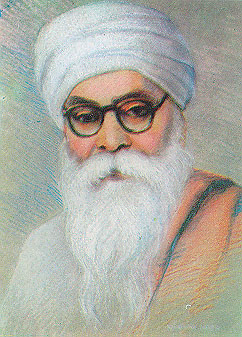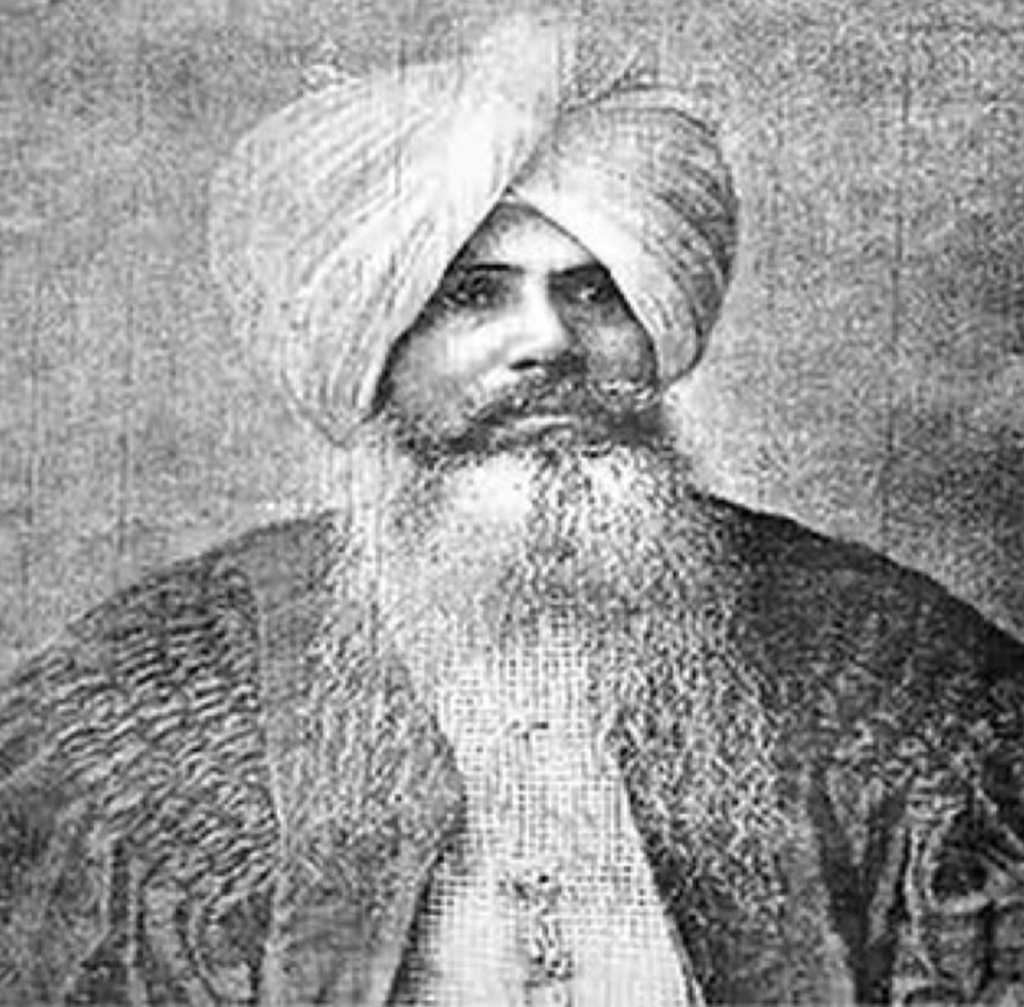Discover the heroic tales of Sukkha Singh, an 18th-century Sikh warrior from Amritsar, known for his bravery, perseverance, and enduring legacy.
Discover the life of Teja Singh, a revered professor and translator of Sikh sacred texts, who shaped Punjabi literature and Sikh history.
Discover Avtar Singh Vahiria, a pivotal Sikh scholar and polemicist instrumental in shaping Sikh texts and traditions across the 19th century.
BULA PANDHA, a learned Brahman of Dalla in present day Kapurthala district of the Punjab, called on Guru Amar Das as the latter once visited his village, and received the rites of initiation at his hands. One day Bhai Bula asked the Guru how he might serve the sangat, for he could do little work physically. The Guru, in the words of Bhai Mani Singh, Sikhan di Bhagat Mala, spoke: "Give discourses on the holy bani. Besides, prepare copies of the pothi, breviary of hymns, for distribution among Sikhs. Do not ask for any payment for your labour, though you may accept what is voluntarily offered to you.
DITT SINGH, GIANI (1853-1901), scholar, poet and journalist, was an eminent Singh Sabha reformer and editor. He was born on 21 April 1853 at Kalaur, a village in Patiala district of the Punjab. His ancestral village was Jhalliari, near Chamkaur Sahib, but his father, Divan Singh, had migrated to his wife`s village, Kalaur. Divan Singh, a Ravidasia by caste and a weaver by trade, was a religious minded person who had earned the title of Sant for his piety.
Discover Gopal Singh's legacy as a Punjabi poet, journalist, and critic, known for translating Sri Guru Granth Sahib into English. Explore his works and impact.
Explore the Khalsa, the community of baptized Sikhs, founded by Guru Gobind Singh in 1699. Discover its origins and significance in Sikh tradition.
Explore the life and works of Singh Sahib Giani Kirpal Singh, an esteemed theologian and writer who enriched Sikh history and literature.
Discover the fascinating life of Mota Singh, a revolutionary who fought for Sikh rights and defied British rule in India with bravery and conviction.
Explore Rahitname, guiding Sikh conduct and moral behavior, shaping personal and social life in accordance with Sikh principles and the Khalsa identity.





